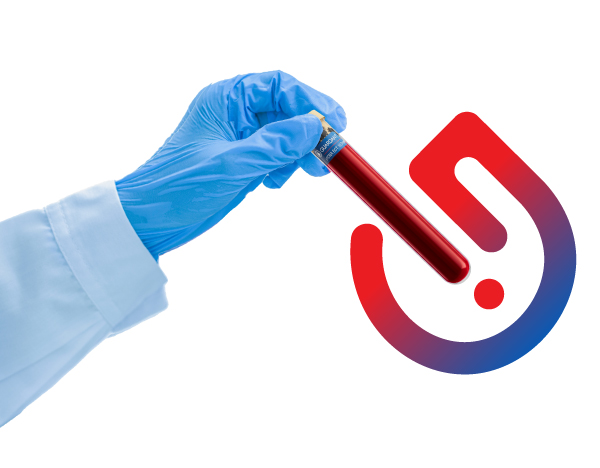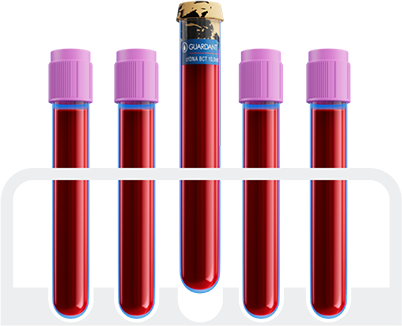未進行篩查的患者
面臨較高的大腸直腸癌死亡風險1
超過
75% 死於大腸直腸癌的患者
並沒有進行過篩查1
大腸癌仍然是香港癌症相關死亡的第二主要原因2
早期篩查大腸直腸癌可以顯著提高生存結果3
五年存活率
根據診斷時的癌症階段3
| 早期 (I-II) |
91% | |
|---|---|---|
| 晚期 (IV) |
16% |
在疾病擴散後才被診斷出來。4,5
基於血液的大腸直腸癌篩查簡單易測,流程方便。
ShieldTM 是一項可以在一般診所就能完成的血液檢測6,7
血液檢測方法是患者篩查大腸直腸癌的首選選項8*
配合患者的日程安排,突破篩查的限制。9
完全符合醫療服務提供者的日常診症流程
如果醫療提供者可以為他們的患者提供全血細胞計數檢測 (Complete blood count),那麼他們也有能力提供基於血液的大腸直腸癌篩查檢測。8
在真實世界的臨床環境中,Shield 已經證明了 90%的遵從性。10,11†
ECLIPSE 證實了Shield是一種可以簡單快捷地完成的高靈敏度大腸直腸癌篩查血液檢測。‡

ECLIPSE 是迄今為止最大的同類型研究之一,也是首個驗證高靈敏度血液檢測大腸直腸癌的研究。13
- 在超過10,000名患者身上驗證了Shield的效果10
- 研究納入了代表不同族群和社會經濟背景的多元人口數據。12,13¶
- 研究對象包括年齡介於45至84歲之間且屬於大腸直腸癌平均風險群的患者。13§
研究結果與越來越多的證據一致,這些證據顯示了我們基於血液的技術具有靈敏度。14
*In a study, patients who initially refused colonoscopy preferred screening with a blood-based test over a stool-based test 83% vs 15%, respectively.8
†Compliance rate for the first 8,000 patients that were prescribed Shield and completed it.6
‡The ECLIPSE study (NCT04136002) is comparing the sensitivity and specificity of cfDNA only Shield with findings from subsequent colonoscopy in over 10,000 average-risk patients.10,12
§Patients had no prior diagnosis of CRC, inflammatory bowel disease, or family history of genetic risk for CRC (eg, Lynch syndrome).12
||Specificity detected for advanced neoplasia defined in ECLIPSE as CRC or advanced adenomas.10,13
¶With more than 200 clinical trial sites in rural and urban communities across 34 states, study participant demographics included 13% Black, 15% Hispanic, and 7% Asian American populations. The study achieved above-average enrollment among Black Americans for a clinical trial.12,16
cfDNA=cell-free DNA.
- The assay is intended to be complementary to and not a replacement for current recommended colorectal cancer screening methods
- Patients with an "abnormal signal detected" Shield test result should be referred for colonoscopic evaluation
- A "normal signal detected" Shield test result does not preclude the presence of colorectal neoplasia, and patients should continue participating in guideline-recommended screening programs
- Shield was developed, and its performance characteristics determined, by the Guardant Health Clinical Laboratory in Redwood City, CA, USA, which is certified under the Clinical Laboratory Improvement Amendments of 1988 (CLIA) as qualified to perform high complexity clinical testing. This test has not been cleared or approved by the US FDA









